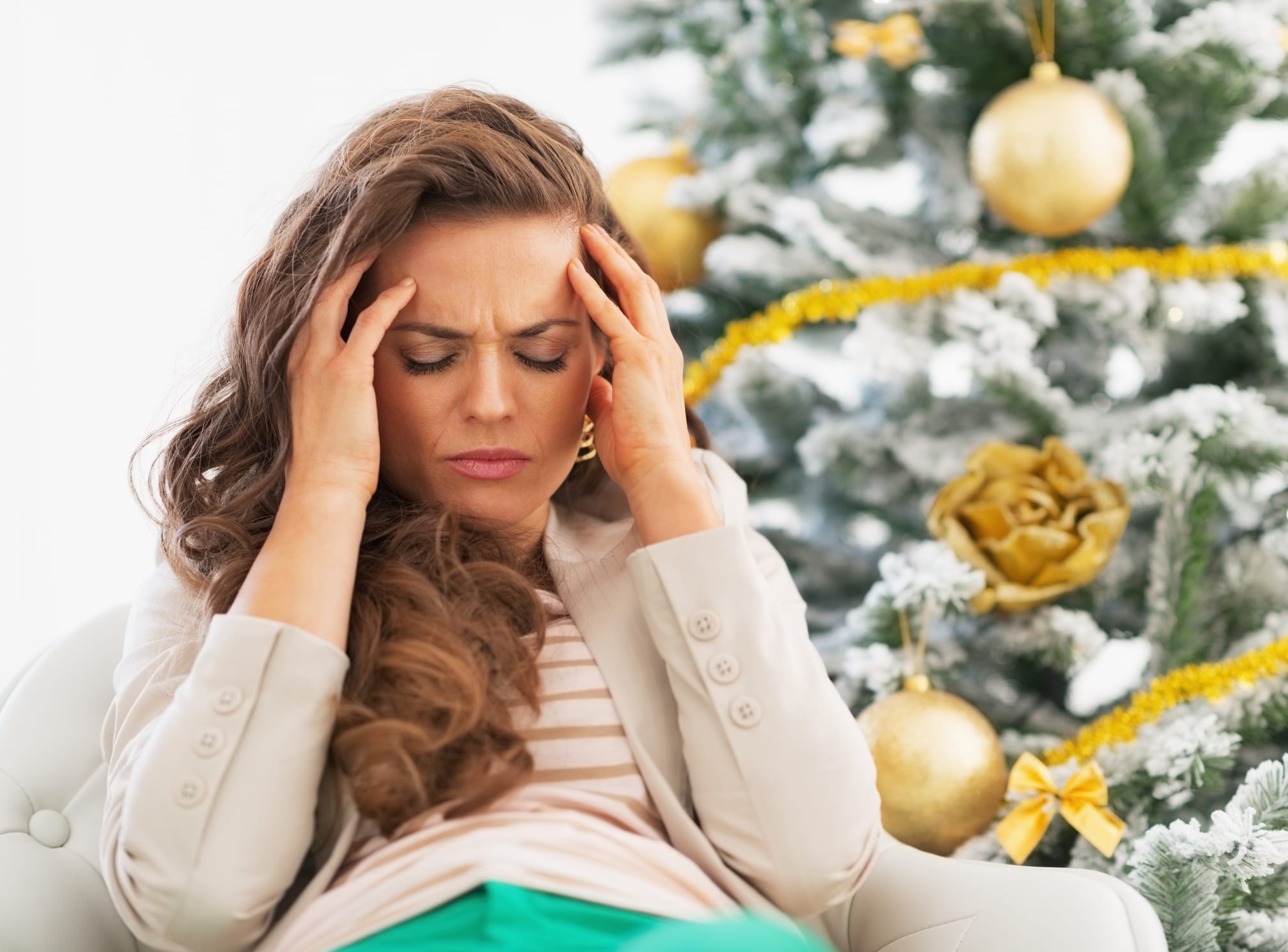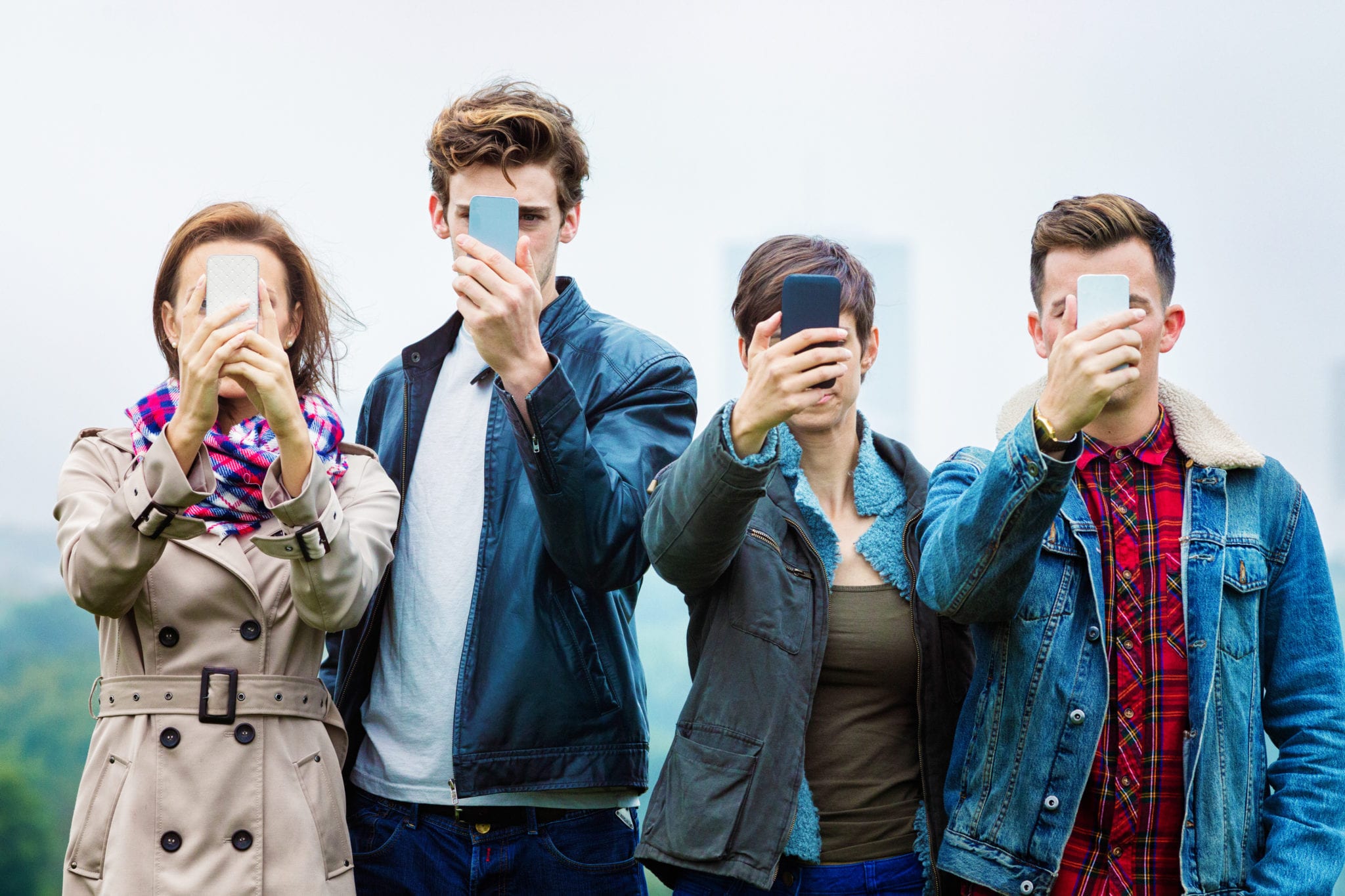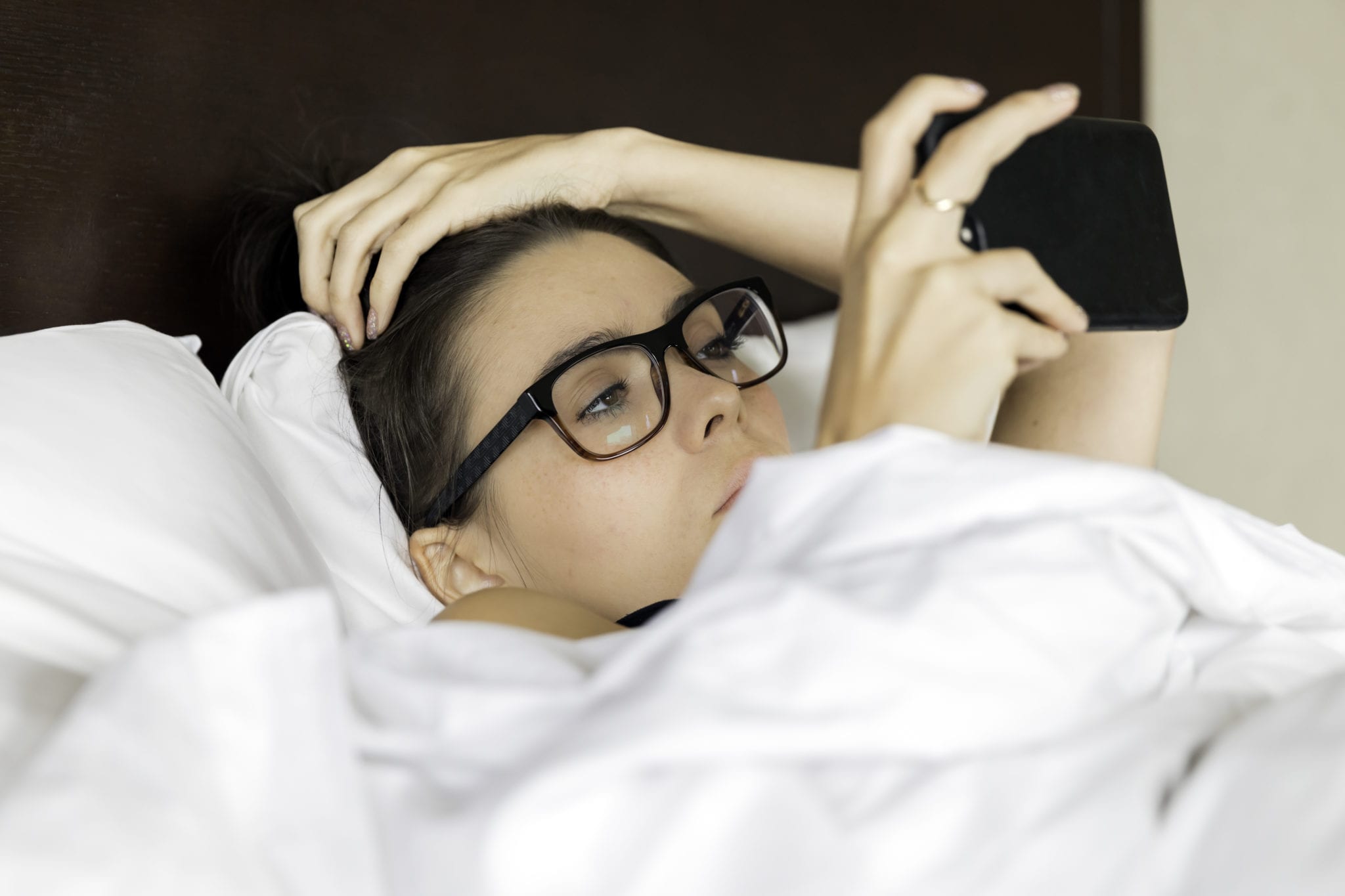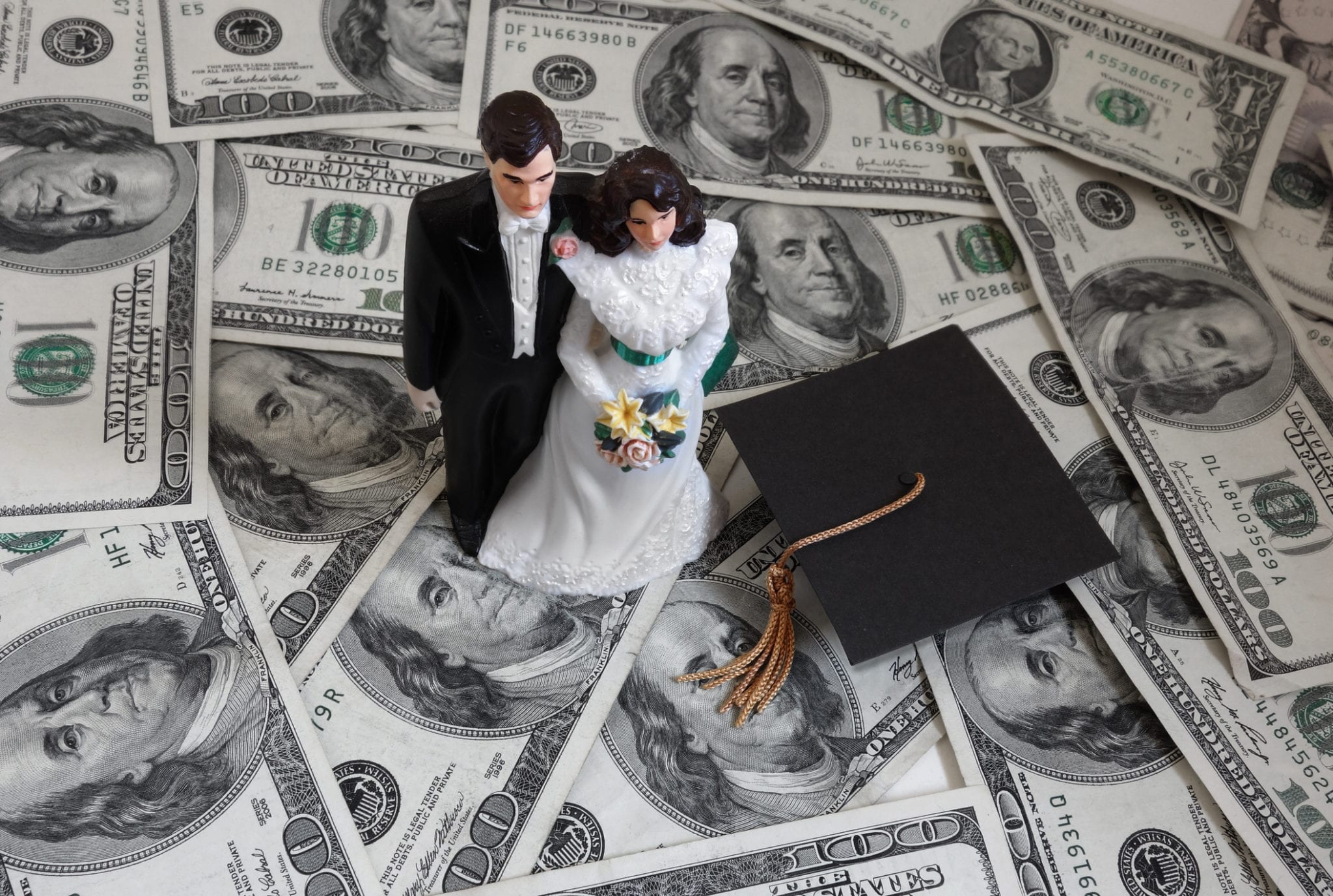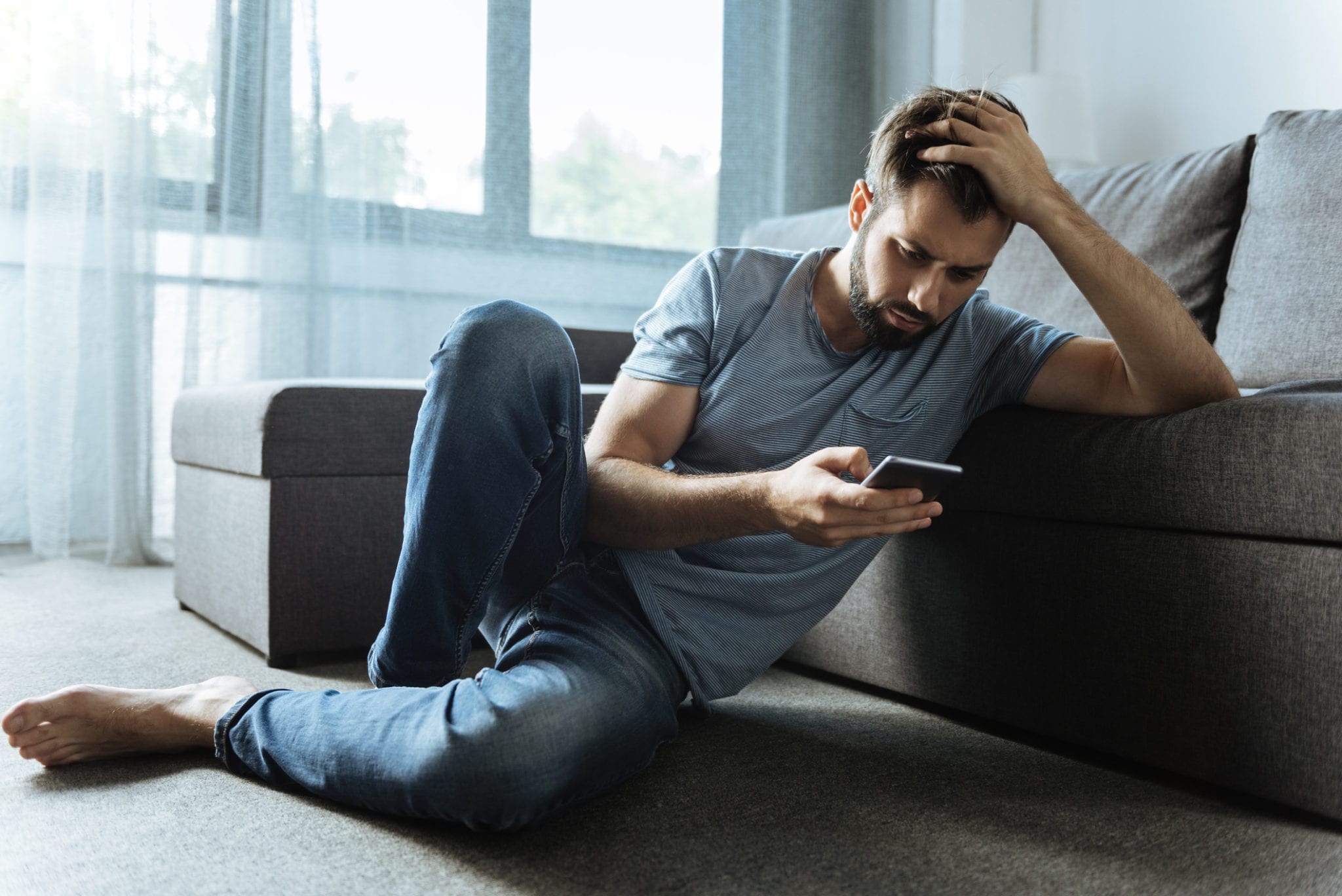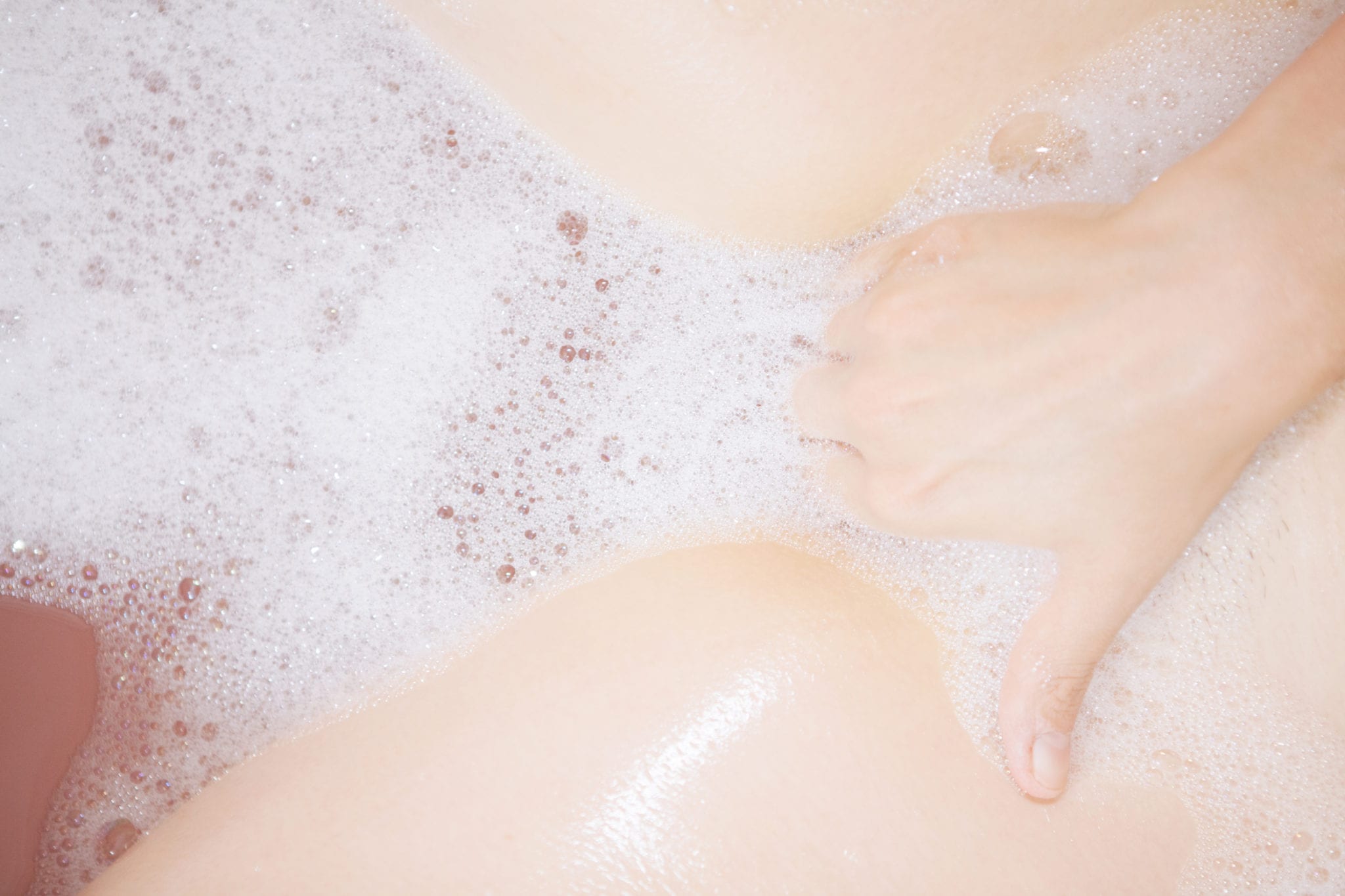How to Enjoy Healthy Holidays Without Being A Total Killjoy
The holidays can present a mixed bag. Most of us look forward to Christmas lights, trimming the tree, and holiday parties with friends and family. But for all of the pros, there are also plenty of seasonal cons: the holidays are hectic, stressful, nerve-wracking, and exhausting. Racing from store to store collecting all the trappings is rarely as festive in real life as it looks on paper. Especially for women – who are more likely to be responsible for much of the planning, cooking, hosting, and gifting that make the season merry and bright. While it’s wonderful to spend time with those you love, getting to your destination can be taxing. Especially if must travel during hours you’d typically spend sleeping.
And if you’re trying to make healthy choices, the holidays are a minefield. Still, you want your loved ones to enjoy the yuletide cheer unfettered by your unique concerns. I mean, just because you’ve gone gluten-free that doesn’t mean your kids have to miss out on Grandma’s famous Christmas cookies. So, how do you strike the right balance? I’ve got you covered.
Arm yourself with the following tips to enjoy stress-free holidays without being a total killjoy.
Travel like Santa: It’s all about logistics
Unfortunately, most of us don’t own physics-defying sleds pulled by flying reindeer. A girl can dream though, right? Maybe next year if I’m very good, Santa will leave one under my tree. Until then, we can only aspire to travel like Santa. But holiday traffic, long lines at the airport, last-minute shopping, and unrealistic expectations from others can distress even the most centered among us. You get anxious, even panicky, sending your body into an intense stress response. The hormones released, such as cortisol and adrenaline, heighten your anxiety while suppressing your immune system. All of this, during a time when you need to protect your health the most. Stressful times require serious countermeasures. Planning is key – plan ahead to protect your physical and mental health.
So, how can you trip up travel stressors?
- Do your homework – Make sure you know the best route to the airport or your final destination. Find out whether your hotel has a gym so you can de-stress with some exercise during your stay. Follow the weather reports so you’re prepared for the unexpected.
- Pack your own food – This way you don’t have to rely on the over-processed options lining gas station aisles and airport guest shops. Restaurant food is often packed with extra butter, salt, and preservatives. Make sure your hotel has healthy food options on the menu.
- Press pause – Things like overbooked flights and last-minute changes of plans can be stressful. If you encounter them, slow down for a few minutes, take some deep breaths, and try to clear your head. Walk it off if possible – around the block or the airport terminal. I find that a brisk walk can help put things in perspective.
- Laugh a little – The benefits of laughter include lowering blood pressure, improving your immune system performance and reducing stress hormones. Interestingly, these positive effects are similar to having sex – I talk more about that here. Over the holidays, try to remember what truly matters: friends, fellowship, family. Surround yourself with people who make you smile.

Laugh a lot! When you laugh, your body releases endorphins which can make a happy holiday even happier.
Holiday weight gain? Sleep it off.
Only 40% of people get the recommended amount of sleep (7-9 hours) per night – and that’s when everything is going according to plan. Over the holidays, your sleep schedule can really go haywire. We spend more time celebrating and less time logging some serious zzzzs. Just one night of bad sleep can make you hungrier and inclined to eat more. Your plans for healthy holidays are all downhill. Short-term sleep loss can lead to increased caloric consumption. Even worse? Multiple studies suggest a link between chronic sleep deprivation and increased obesity risk over time. According to the CDC, people who get less than 7 hours of sleep a night are 24% more likely to be obese. And, the American Sleep Association says as much as 5% of obesity in adults may be attributable to sleep deprivation.
How to get a good night’s sleep when you’re waiting for the pitter-patter of reindeer feet?
- Make sleep a priority – Insufficient sleep is linked to a broad array of chronic diseases and conditions. Type 2 diabetes, cardiovascular disease, obesity, and depression top the list. Visits to the emergency room spike on Thanksgiving and Christmas days, in some areas, by as much as 12%. Many of these holiday patients present with injury or illnesses resulting from too little sleep.
- Do not drive drowsy – We hear much about drunk driving. But a surprising number of auto accidents each year are caused by over-tired drivers. According to the CDC, an estimated 1 in 25 adults report having fallen asleep at the wheel in the last month. Over the holidays, these numbers are surely higher and, oftentimes, complicated by excessive alcohol consumption. So get the sleep you need and – if you don’t – surrender your keys to someone who has.
- Unwind before bed – Stay away from devices and limit screen time. Save searches for last-minute gifts on Amazon for daylight hours.
- Soak before you sleep – Try taking a warm bath before bed. There’s nothing I like more than lighting a lavender-scented candle and unwinding with an Epsom salt bath. After your soak, retire to a room that is dark and cool for optimal sleep.
- Sleep and depression – Not getting enough sleep isn’t just bad for you physically. Lack of sleep can profoundly affect your mental health. The holidays are prime times for sleep disruption: you’re away from home, in an unfamiliar bed, and often not in control of your nightly routine. Sleep disturbance is one of the key symptoms of major depression so strive to maintain your personal bedtime rituals while you’re on the road.
Eat, drink, and be merry…within reason
For many, the holidays are a time where you grant yourself a free pass to indulge – the problems arise when you overindulge. Now, I’m not suggesting that you deprive yourself of your favorite seasonal delicacies. Each year when I am making stuffing, I forgo my typical healthy breakfast and indulge in a slice of pumpkin pie…I challenge anyone to stop me. However, taking a mindful approach to food and drink around the holidays is wise. Focus more on the fellowship and less on the food and you’ll have fewer regrets. You may actually get to know someone new or learn more about a distant cousin. Then when the parties are over, get back to your normal healthy routine as soon as possible.
How does one feast in moderation? One. Bite. At. A. Time.
- Drink plenty of water – whenever possible, choose water over other beverage options. I always travel with my green tea bags since they’re caffeine-free and potent with antioxidants to oppose some of our inevitable poor holiday choices.
- Watch your alcohol – it’s natural to want to celebrate during this festive time of year. Unfortunately, some revelers may drink to excess and, for many, this can lead to bad choices and even depression. The “holiday blues” are very real and can have dire consequences. Limit your alcohol intake and take in the good cheer instead.
- Eat your own healthy food before heading out to holiday parties – if you’re already sated, you’re less likely to be tempted to overdo it. If you overindulge at all, let it be on charity and the love you share with your family and friends.
- Contribute a healthy dish – bring along your signature fall vegetable casserole or a colorful salad. Every year I bake sweet potatoes with cinnamon and nutmeg. Why drown a perfect vegetable in syrup and marshmallows?
- Pack your supplements in advance – I double my probiotic dosage to boost my immune system, aid digestion, and to combat Seasonal Affective Disorder (SAD). Don’t forget your daily dose of D. During fall and winter months when sunlight is scarce and we spend less time outdoors, Vitamin D is especially crucial. Learn more about this multitasking nutrient here.
- Live a little – if you love your mom’s cornbread stuffing then, by all means, have a serving. Treat it like the once-a-year special exception that it is.
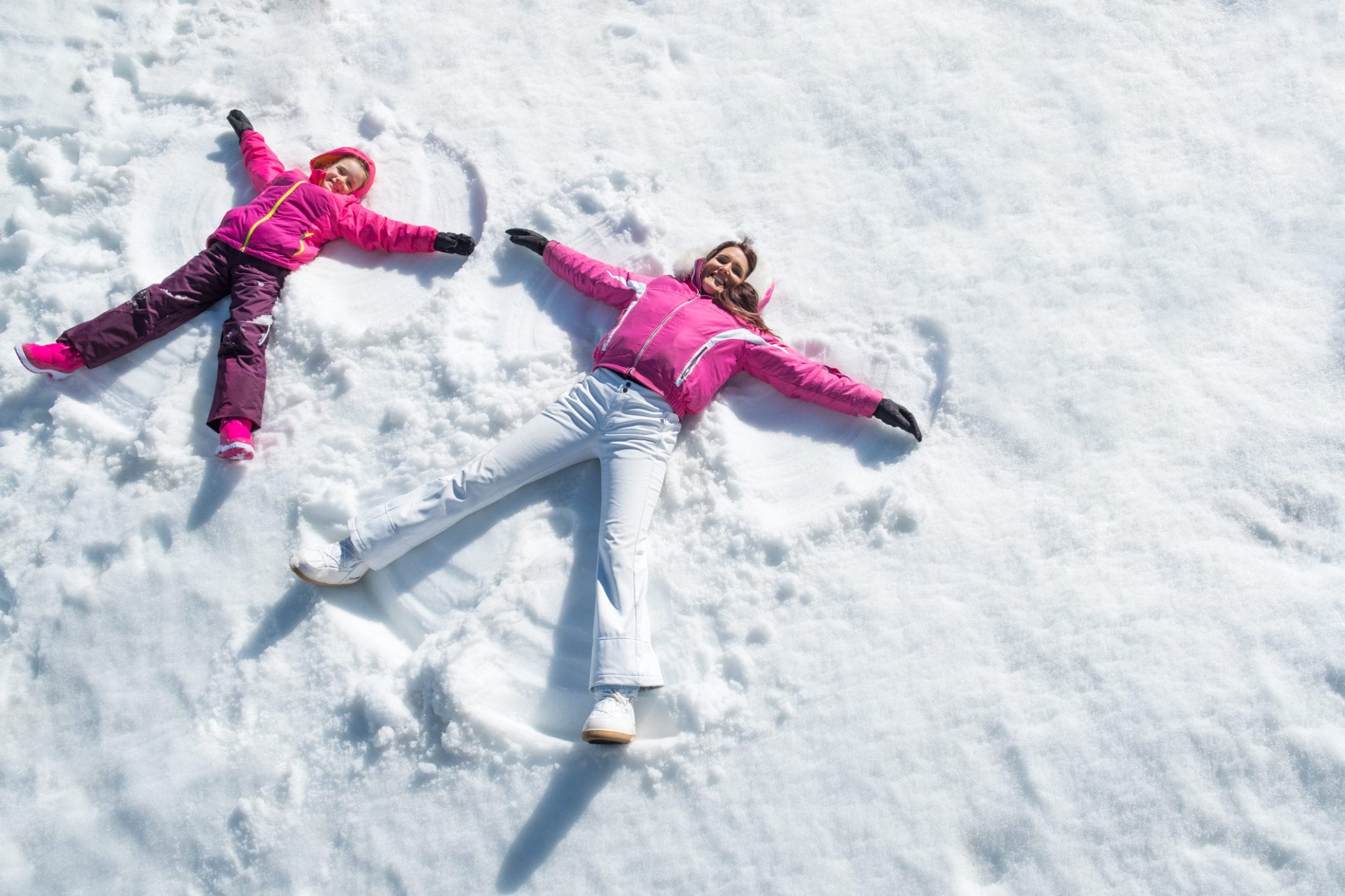
Baby, it’s cold outside. Take advantage of it! The holidays are the best time of the year for snow angels.
Workout your bod and your mood for healthy holidays
When you’re at home, you’ve got your exercise routine down pat – that’s the goal, anyway. But, over the holidays, you’re not always in control of your schedule. You’re often subjected to unexpected delays and complications. As our to-do lists grow ever longer, many of us exercise less and less. The last thing you want is more stress and, for many of us, trying to maintain our usual workout program does just that. At the same time, staying active gives you the necessary energy and peace of mind to mitigate both stress and offset some of those extra calories you’re eating. Most important, exercise is an all-natural means to keep depressive symptoms at bay during a time when many struggle most from mental health concerns.
How do you stay active and stay in the holiday spirit at the same time?
- Keep your eyes open – Wherever your travels take you, stay on the lookout for walking, running, or hiking trails nearby.
- Bring a workout plan with you – Pack resistance bands or, if you have a laptop, bring your favorite yoga DVD so you can spend some downtime on your mat. When I travel, I pack my portable OYO double flex and squeeze in a workout when I find a spare minute. And no, I am not a paid spokesperson; I simply love this piece of equipment. And I’m in good company: the OYO was engineered for astronauts to maintain muscle mass while in space.
- Wear running shoes whenever possible – You never know when you’ll find a 15-20-minute window for a walk. You want to be ready at all times. After dinner is a perfect time for an excursion and it will give you a chance to catch up with family and friends.
- Organize team sports – Like football, soccer, or basketball so you can get the whole family moving. Group activities can help clear your head and reduce stress.
- Volunteer to help with household chores – Things like raking leaves, carrying suitcases, or entertaining nieces and nephews who are hopped up on sugary treats allow you to burn calories and lend a helping hand at the same time.
- Put on your dancing shoes – If there’s a dance floor at the company Christmas party, get your butt out there and shake it. Dancing burns up to 8 calories per minute…so get out on the floor and move. You’ll burn calories and steer clear of the buffet at the same time.
- Get over yourself – So what if you can’t get in your daily 5-mile run while you’re visiting your in-laws? Don’t let it ruin your stay. Simply get back to your routine as soon as you get home.
Serenity now. Serenity now…Strategies for hosting and guesting
Whether you’re the party thrower or the party guest, healthy holiday entertaining requires you to be flexible, resourceful, and above all gracious. Once again, planning is essential for avoiding stress and putting together a special night for your loved ones. But, no matter how well you’ve thought it through, be prepared for things not to go as planned. That’s half the fun – just roll with it.
How do you entertain without feeling drained?
- Have a backup plan – Always have a plan B. No matter what the occasion. Call in advance to see if any of your guests have dietary restrictions or allergies. So many people today are lactose intolerant and gluten-free. Save yourself some undue stress by preparing (or purchasing) an assortment of dishes to accommodate their needs.
- Delegate, delegate, delegate – You don’t have to be a hero. Most people actually like to feel useful. Make sure to spread the responsibilities around whether it’s sending someone to pick up celebratory libations or letting the kids arrange a makeshift centerpiece from the pine cones they found in the yard. You’ll be less stressed when you let others get involved.
- It’s ok not to be perfect – If someone arrives with an unexpected guest, simply pull up a folding chair and make room for that exchange student who’s far from home. American holidays are a wonderful cultural experience for all of us to share. If you must surrender your own Christmas china for a paper plate, you’ll represent the embodiment of grace and the spirt of giving.
- De-stress with aromatherapy – My holiday go-to’s are cinnamon, nutmeg, bergamot, and frankincense. Besides simply smelling amazing, essential oils are calming and have a multitude of health benefits. Essential oils can even provide support for your thyroid. For the millions of Americans with thyroid disorders the holidays can be especially stressful. If you’re concerned that you’re suffering from an undiagnosed thyroid problem, here’s a post that may help you get the help you need.
- Give yourself a break – If you’re not feeling social, it’s ok to sit out an event. Just make sure you call your host and cancel and maybe send a nice gift. You know your limits. It’s up to you to honor them.
Now, you’re armed with the tools for a healthy holiday season. Get out there and share your cheer as you ring in the new year!

